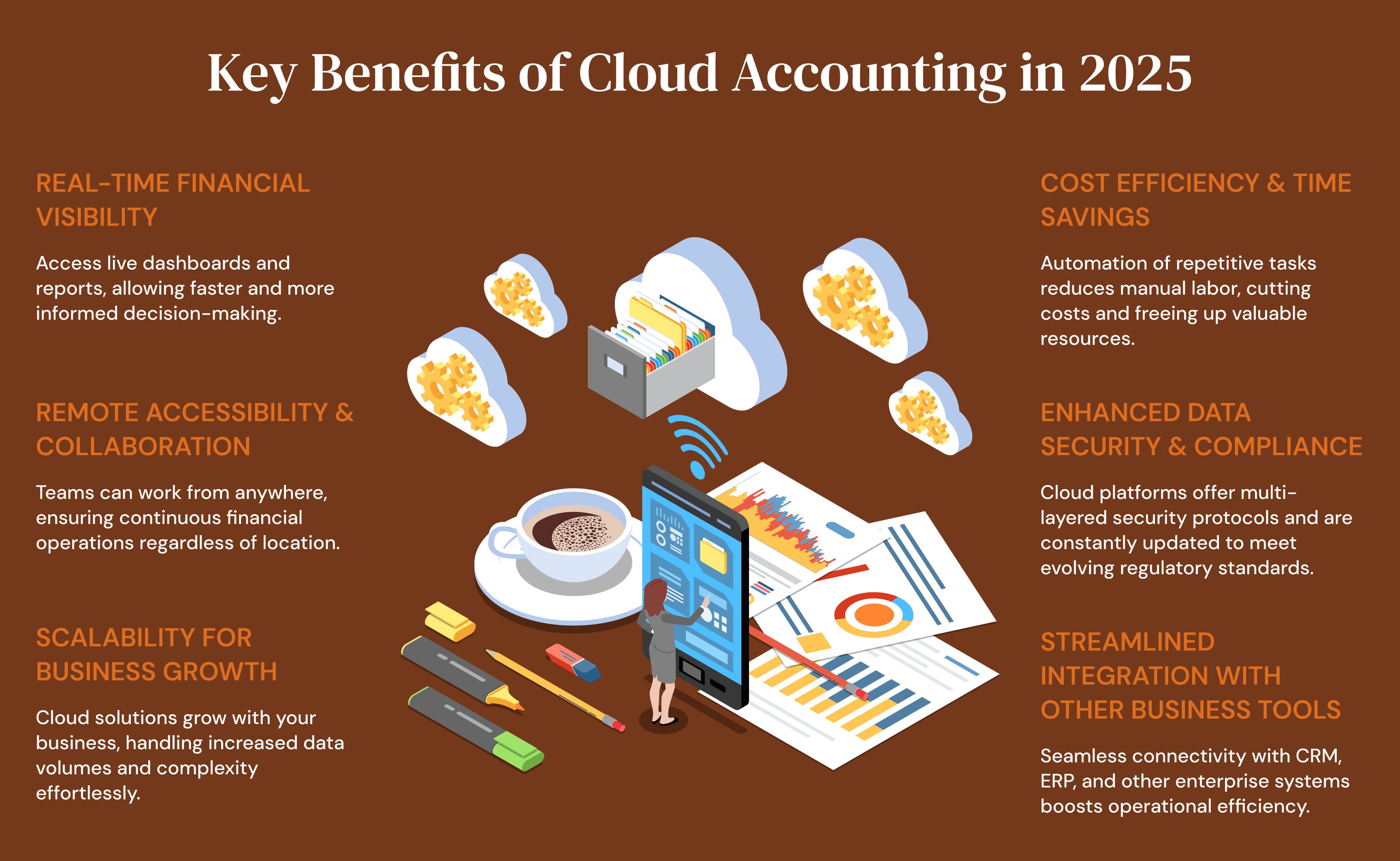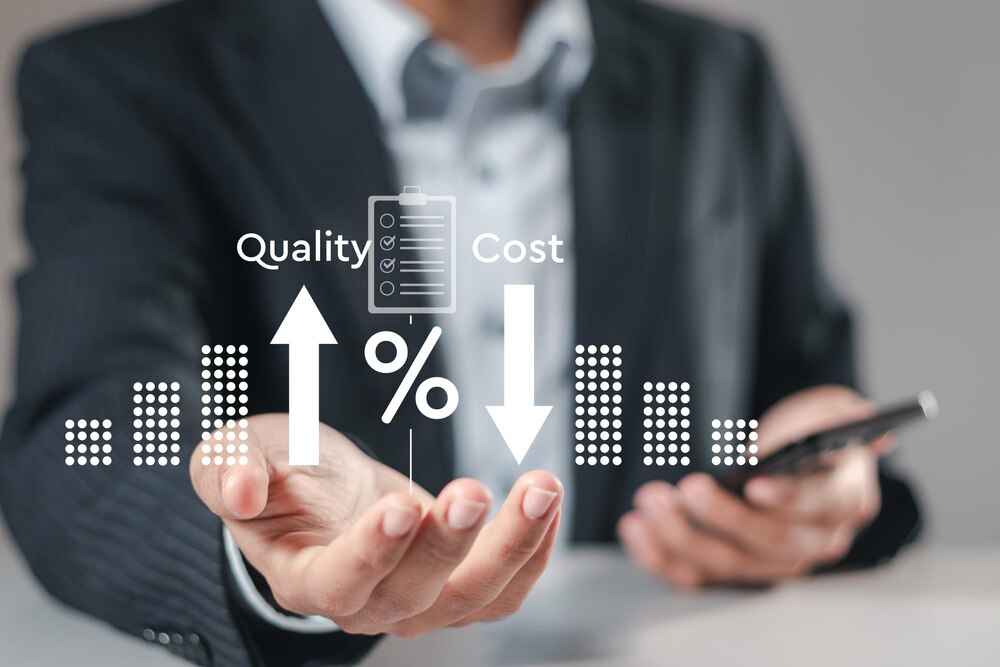The business world is evolving rapidly, and accounting practices are no exception. In 2025, cloud accounting has shifted from being a competitive advantage to an operational necessity. The flexibility, scalability, and real-time capabilities of cloud-based accounting solutions are redefining financial management for businesses of all sizes. Companies like XMC Asia are leading this digital shift, empowering businesses with cutting-edge cloud accounting services to stay agile and compliant in a dynamic market.
The Surge of Cloud Accounting Adoption
A recent Gartner report forecasts that by 2026, 85% of enterprises will have adopted cloud-first strategies for core business functions, including accounting. Cloud accounting platforms provide a secure and centralized environment for managing financial data, automating tasks, and generating real-time insights.
According to Statista, the global cloud accounting market is expected to reach P11.8 billion by 2026, growing at a compound annual growth rate (CAGR) of 8.6%. This rapid adoption is driven by the need for remote accessibility, enhanced data security, and streamlined compliance in an increasingly digital economy.
Key Analytics & Statistics:
73% of businesses cite real-time access to financial data as the primary driver for switching to cloud accounting (Sage Research 2025).
Companies using cloud-based accounting report a 50% reduction in bookkeeping time and a 40% improvement in financial accuracy (Deloitte Insights).
63% of small to medium enterprises (SMEs) plan to upgrade to cloud accounting platforms in the next 12 months (XMC Asia Market Survey 2025).
How XMC Asia Drives Cloud Accounting Excellence
XMC Asia offers tailored cloud accounting solutions designed to meet the unique needs of businesses in Asia-Pacific and beyond. By leveraging advanced platforms like QuickBooks Online, Xero, and NetSuite, XMC Asia ensures seamless integration of financial data, automated workflows, and robust compliance tracking.
Their cloud-based services enable businesses to access up-to-the-minute financial reports from anywhere, fostering data-driven decision-making while ensuring top-tier security standards.


Key Benefits of Cloud Accounting in 2025

Real-Time Financial Visibility
Access live dashboards and reports, allowing faster and more informed decision-making.

Remote Accessibility & Collaboration
Teams can work from anywhere, ensuring continuous financial operations regardless of location.

Scalability for Business Growth
Cloud solutions grow with your business, handling increased data volumes and complexity effortlessly.

Cost Efficiency & Time Savings
Automation of repetitive tasks reduces manual labor, cutting costs and freeing up valuable resources.

Enhanced Data Security & Compliance
Cloud platforms offer multi-layered security protocols and are constantly updated to meet evolving regulatory standards.

Streamlined Integration with Other Business Tools
Seamless connectivity with CRM, ERP, and other enterprise systems boosts operational efficiency.
Conclusion
In today’s fast-paced business environment, cloud accounting is no longer optional — it’s essential. Companies that fail to adapt risk falling behind in efficiency, accuracy, and competitiveness. Cloud accounting not only simplifies financial management but also empowers businesses with real-time insights and the agility needed to thrive in a digital-first world.
With XMC Asia’s expertise in cloud accounting, businesses can transition smoothly to cloud platforms, ensuring a future-ready financial strategy that supports growth, innovation, and compliance.
References
- Market Growth Reports. Cloud Accounting Service Market Size, Share, Growth, and Industry Analysis, By Type (Browser-based, SaaS, Application Service Providers (ASPs)), By Application (SMEs, Large Enterprises, Other Users), Regional Insights and Forecast to 2033
- WifiTalents. Digital Transformation In The Accounting Industry Statistics
- Scott Max. 23+ Accounting Industry Trends and Statistics